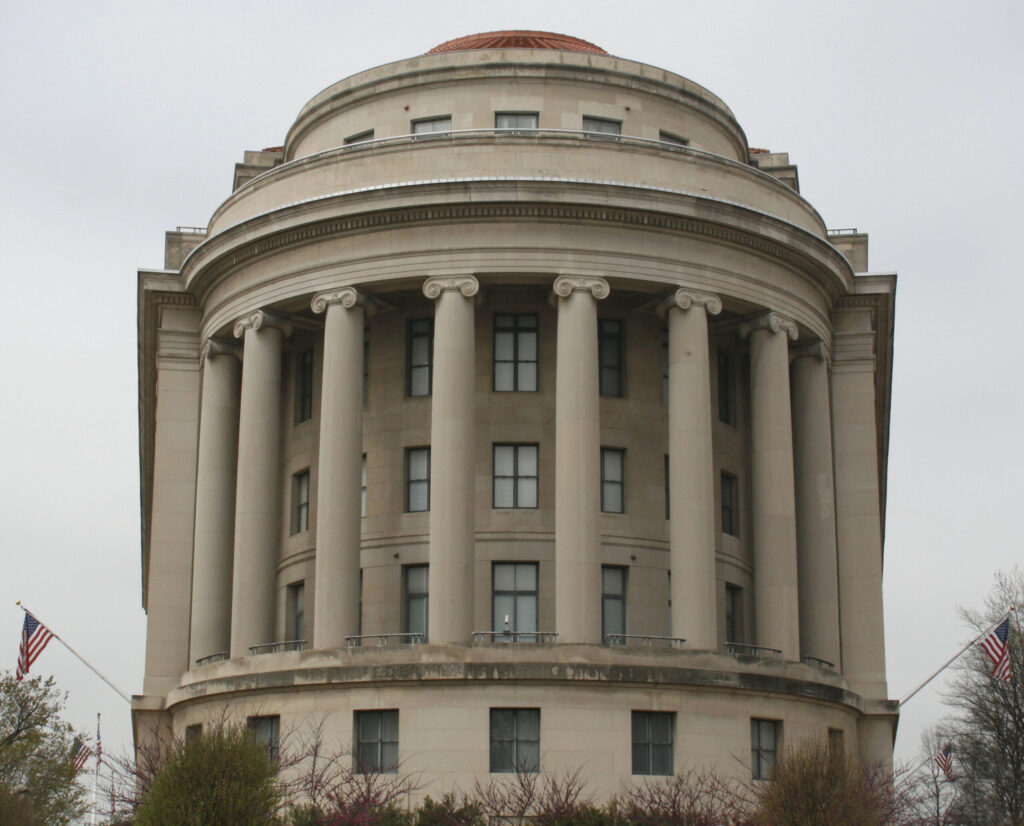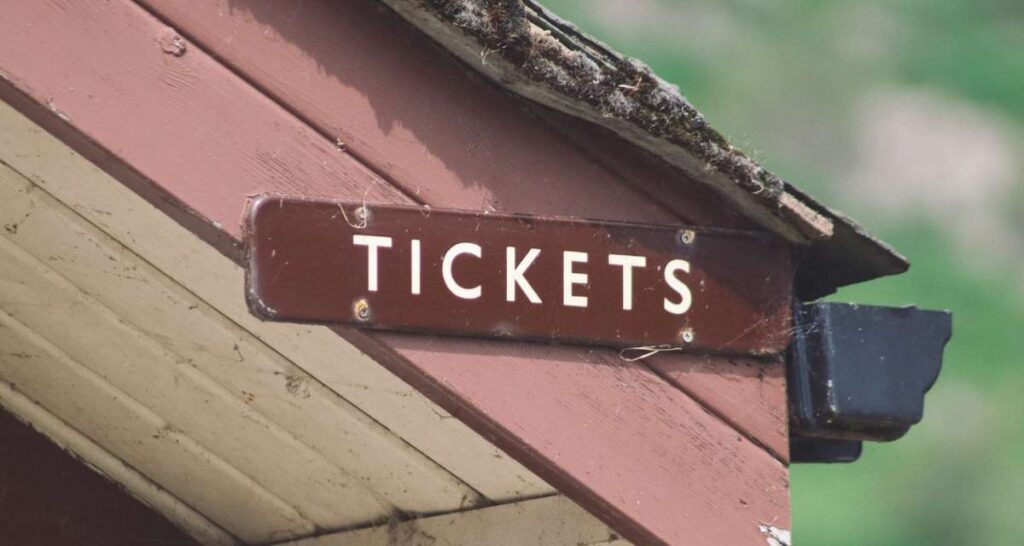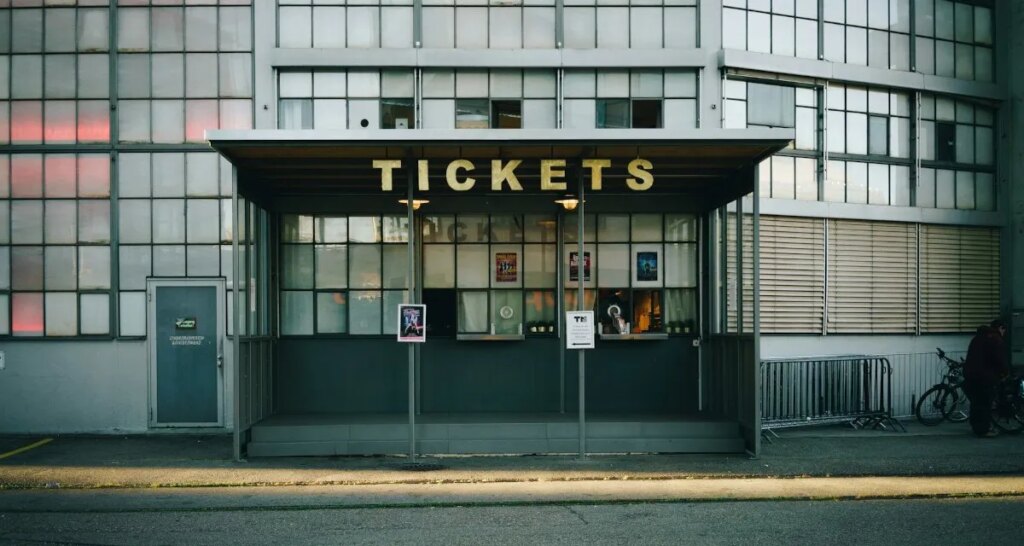FTC Targets Secondary Ticketing Industry for BOTS Act Violations

“_MG_7348” by dbking is licensed under CC BY 2.0.
After nine years of looming as a symbolic warning against predatory ticket resellers, the FTC has begun to take action against violators of the Better Online Ticket Sales (BOTS) Act. News of the agency’s enforcement of the long inactive law broke with a suit filed by Key Investment Group (KIG), the parent company of a group of ticket resellers, which alleges that the FTC’s charges constitute a broad interpretation that includes standard practices throughout the secondary ticketing market.
The action and suit arrived in the wake of President Trump’s March executive order on ticketing, which declared that the administration will use “all lawful authority” to combat price gouging and encouraged the FTC to “rigorously enforce” the BOTS Act. KIG’s suit outlines that the FTC began investigating the company in December 2023 and sent a draft complaint only minutes after the executive order was issued. According to KIG, the FTC offered the company the option to avoid prosecution by confirming the violations, or potentially face “tens of millions of dollars” in penalties, per Pollstar. KIG refused, arguing that its practices are outside the scope of the law and implicitly allowed by primary ticket vendor Ticketmaster.
Among the processes charged as violations of the BOTS Act, which outlaws efforts “to circumvent a security measure, access control system, or other technological control or measure on an Internet website or online service that is used by the ticket issuer to enforce posted event ticket purchasing limits,” are KIG’s use of false email addresses, alternate sim cards and IP-masking web browsers to work around purchase limits set per customer. KIG asserts that “The FTC believes the ticket limits set forth by the primary ticket issuer apply on a company level and not individual. The FTC’s novel interpretation of the BOTS Act would make many consumers and most companies – including nearly every Fortune 500 company – in violation of the law.”
Beyond arguing that their actions fall outside the scope of the BOTS Act, which a recent dispatch from the FTC found also outlaws bypassing purchase limits “by buying tickets under fake identities,” KIG’s suit argues that Ticketmaster’s failure to curb known deceptive practices amounts to an endorsement. “Ticketmaster is and has been at all times aware of Key Investment Group’s use of multiple accounts, some of which use pseudonyms,” the suit declares. “Ticketmaster has both expressly and impliedly authorized KIG’s use of same.”
“If the government can hold operators like KIG accountable, it sends a message to every other company exploiting fans through shady resale tactics. It also pressures platforms like Ticketmaster to clean up what they’ve quietly enabled.” live music industry pundit Randy Nichols told Hypebot. “They claim it’s legal because they didn’t use ‘bots.’ But let’s be honest: it’s functionally no different.”
The BOTS Act was signed into law in 2016 as the first major legislation to target ticket scalping and widespread efforts to circumvent purchase control in the secondary ticket market. While the landmark act signalled a turning point in public frustration with predatory practices in the live event industry and foreshadowed further government intervention, including the TICKET Act currently awaiting review by the Senate and the FTC’s Junk Fees Rule in 2024, it has been enforced by the FTC only one time so far, when three New York ticket brokers faced a judgement of $3.7 million for thousands of violations.
Read more about the BOTS Act here.
Link to the source article – https://jambands.com/news/2025/07/29/ftc-targets-secondary-ticketing-industry-for-bots-act-violations/
-
Novation Launchpad X Grid Controller for Ableton Live$142,99 Buy product
-
Asmuse 5 String Banjo, Full Size Banjo with 24 Brackets, Banjo Beginner Kit with Bag Tuner Strap Strings Pickup$146,99 Buy product
-
Donner DED-200 Electric Drum Sets with Quiet Mesh Drum Pads, 2 Cymbals w/Choke, 31 Kits and 450+ Sounds, Throne, Headphones, Sticks, USB MIDI, Melodics Lessons (5 Pads, 3 Cymbals)$379,99 Buy product
-
Adam Audio T5V Studio Monitor (Pair) with Professional Grade XLR Cables, Stereo Interconnect Cables and StreamEye Polishing Cloth$299,99 Buy product
-
Sai Musical Cornet Trumpet Bb Flat Orange Nickel, Hard Case, Mouthpiece – Ideal for All Skill Levels: Beginner, Student, Professional$119,00 Buy product
-
PreSonus Revelator io44 USB-C Audio Interface for music production and streaming with built-in mixer and easy-to-use effects presets plus Studio One DAW Recording Software$0,00 Buy product












Responses